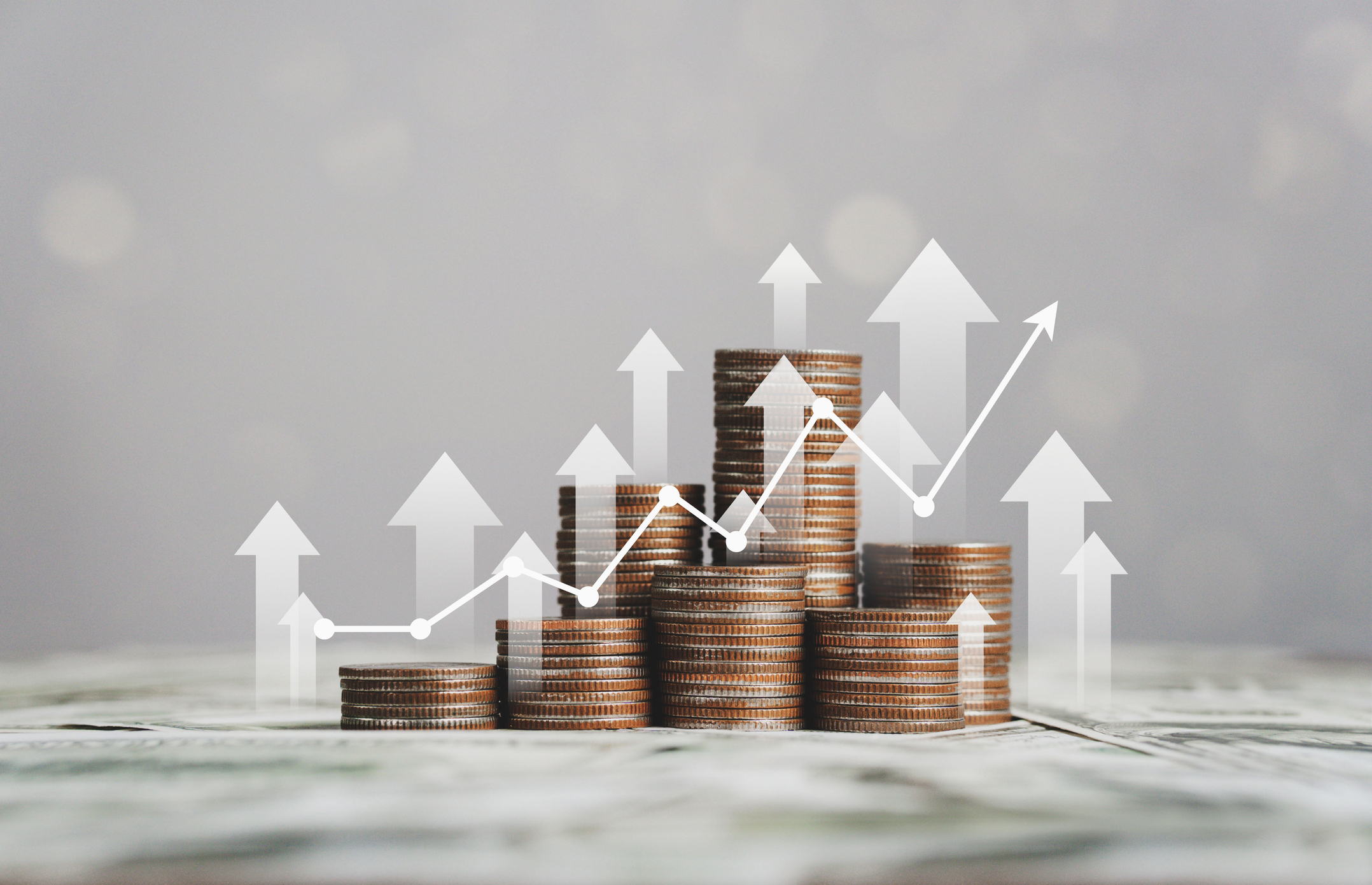Every January, millions of people resolve to become more physically fit. And some even follow through! It’s a great idea – your health should always be a primary consideration. But when you stop and think about it, isn’t it just as important to achieve financial fitness? Here are some practical ways to get there:
Establish Goals
As they say, the best place to start is at the beginning. Now is the time to decide what your financial goals are for the coming year. Do you want – or need – better transportation? Is this the time to consider someplace new to live? Perhaps, it is simply to get beyond living from paycheck to paycheck.
Once you have an endpoint in mind, it’s time to make a plan to get there. There’s no single way to achieve success…savings, investments or simply better week-to-week stewardship of your income are all equally valid pathways. In other words, it’s your choice, but it only works if you stay on the plan you’ve chosen.
Know where you stand
Most people can’t remember the last time they reviewed their credit, not realizing how important a checkup can be to their long-term financial health. Commit to monitoring your credit score and associated details at least annually. All three major reporting agencies – Equifax®, Experian® and TransUnion® – provide a free report upon request.
If you identify discrepancies, clearing them up with the agencies will help you obtain more favorable credit in the future. On the other hand, if your current score is less than stellar, you will see the areas in which improvement is necessary.
Where does it all go?
To reach your goal, it’s important to understand your personal cash flow. Track all of your purchases for at least a week – or better yet, a month – in a journal, on your phone or by creating an Excel spreadsheet.
At that point, you can create a budget that includes your absolute necessities,
like rent (or mortgage), car payments and utilities, recurring expenses like gym memberships and those that are purely discretionary…such as your daily stop at the coffee shop. An accurate budget helps you review your spending and eliminate unnecessary expenses.
Don’t let debt drag you down
Used wisely, a credit card can provide great benefits…but it can also drag you down and keep you from achieving your long-term goals if you don’t proceed with caution.
Remember, the credit card interest you accrue could be money that stays in your pocket if you keep card use in check and pay your balance in full each month whenever possible. Even during those months you can’t completely pay a card off, always try to pay more than the minimum to reduce interest expenses.
Stay consistent
Thanks to your excellent performance, you’re in line for a substantial raise. Or maybe you receive an annual holiday bonus. That’s great, but it can also get in the way of your aspirations if you let it burn a hole in your pocket.
It may be tempting to make a big, splashy purchase, but keep your budget in mind and use that extra cash to pay down debt or add to your savings.
Need help? Count on the professionals!
Whatever your financial goals are in the coming year, we’re here to help with the products and services that make managing your finances easier! Contact a Relationship Banker today at bank@firstib.com or 1-888-873-3424.





